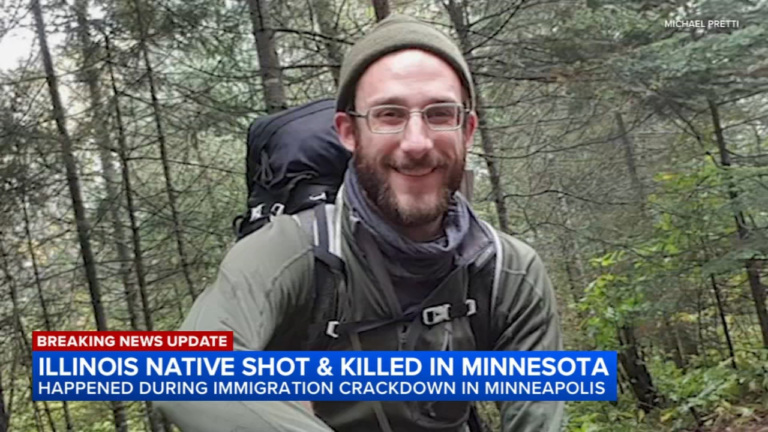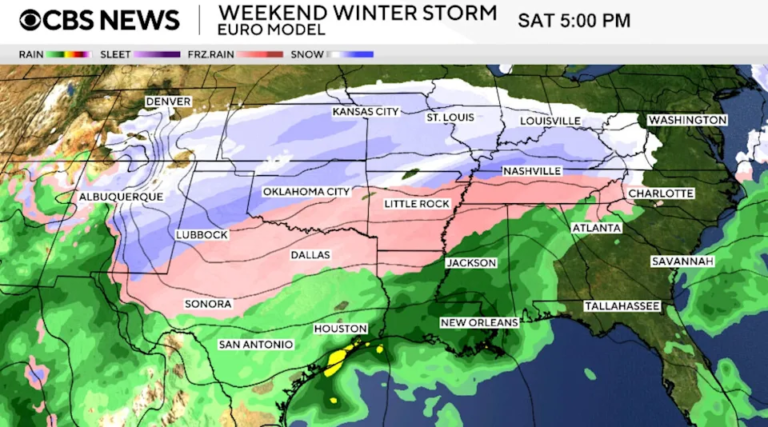Vice President JD Vance recently encountered pro-Ukrainian protesters while walking with his 3-year-old daughter, an incident that underscores escalating tensions between the U.S. administration and supporters of Ukraine.

(Vice President JD Vance speaks on saturday.)
A Walk Interrupted
On a seemingly ordinary day, Vice President Vance found himself and his young daughter confronted by demonstrators chanting “Slava Ukraini,” a phrase meaning “Glory to Ukraine.” As his daughter grew increasingly anxious and scared, Vance chose to engage with the protesters, hoping to alleviate the situation. He later described the conversation as “mostly respectful” but criticized the approach of involving his child, stating that targeting a 3-year-old in a political protest is unacceptable.

(JD Vance leaves from an airplane with his kids)
Backdrop of Diplomatic Strains
This confrontation occurred against a backdrop of heightened diplomatic tensions. A recent Oval Office meeting between President Donald Trump, Vice President Vance, and Ukrainian President Volodymyr Zelenskyy devolved into a heated exchange over a potential peace deal with Russia. President Trump accused Zelenskyy of ingratitude for U.S. support, emphasizing the gravity of the situation by warning against “gambling with World War III.” The meeting concluded abruptly, with Zelenskyy being asked to leave, a scheduled news conference canceled, and a minerals deal left unsigned.
Policy Shifts and Public Outcry
In the aftermath, the Trump administration suspended military aid to Ukraine, including crucial spare parts and intelligence, significantly impairing Ukraine’s ability to maintain its U.S.-made Abrams tanks and other combat vehicles. This move is part of a broader strategy to pressure Ukraine into peace negotiations, despite potential negative implications for Ukraine’s defense.
The suspension of aid has sparked public outcry, leading to protests across various U.S. cities. Vice President Vance and his family faced demonstrators during a ski vacation in Vermont, where protesters labeled him a “traitor” and suggested he “go ski in Russia.” Critics argue that the administration’s stance undermines Ukraine’s defense efforts amid ongoing conflict.
International Repercussions
The U.S. policy shift has prompted European leaders to reassess their defense strategies. In response to diminishing U.S. support, nations like Germany and France are advocating for greater military autonomy and increased defense spending. French President Emmanuel Macron’s call for Europe’s “strategic autonomy” is gaining traction, reflecting a significant shift in global alliances as Poland has took up EU’s presidency and swore on protection.
Vice President Vance’s encounter with protesters highlights the domestic repercussions of recent U.S. foreign policy decisions. As the administration navigates complex international dynamics, the impact resonates at home, influencing public sentiment and prompting demonstrations. The evolving situation underscores the intricate interplay between policy decisions and their broader societal implications.


